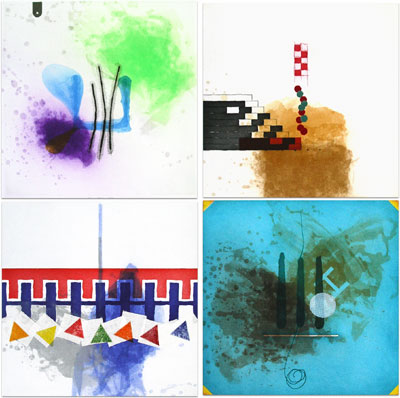
1. Richard Tuttle is an artist’s artist. 2. Richard Tuttle is a poet's artist. 3. Richard Tuttle is an artist's poet. 4. Richard Tuttle is a poet's poet.... There is a need for logical confusion of the terms of naming. Yet, beyond any confusion, the poets and artists who read for Tuttle this past Thursday, January 26th at The Whitney attest to the affinity and company the artist shares with poets. And mainly to the force of Tuttle’s most unforceful and gracious practice.
What struck me especially during the event, I Love Poets, was a certain trend in the reading selections. These selections may be said, whether they were written directly in collaboration with Tuttle (as in the case of works by Charles Bernstein, Barbara Guest and Mei-mei Berssenbrugge) or not, to be works enacting a vital ontology *after* and (perhaps more accurately) *with* Tuttle’s own works. Charles Bernstein probably highlighted this phenomena best as he (half-)joked that the works he was to read were not ekphrastic, not poems *to* or *for* paintings, so much as texts reciting what the work of art might say if it could only speak. The work then is what it says by showing. What it does or enacts *with* its viewer.
This “withness” of poetry, its adjacency to and participation with the being of the work of art, I felt particularly in the readings by Jonathan Skinner (reading for Anne-Marie Albiach Keith Waldrop’s elegant translation of a recent longer poem forthcoming from Post-Apollo Press), Leslie Scalapino, Larry Fagin, Berssenbrugge, Bernstein, and Tuttle himself reading from a collaboration with Guest. And such withness may be necessary in the face of Tuttle’s body of work, a body which consitstently em-bodies the subtleties of essentials made sensible, and makes apparent a grace of discrete and multiplicitous materials “hanging together,” suspended seemingly in a force-field by gracefulness alone. So it is likely in a Kleistian gracefulness where the artist, at a point zeroed or made infinitely light, finds mobile center.
However different their responses, each reader presented a means of expressing in poetic language the certain forces of Tuttle’s work as the responsive forces of grace. Skinner did so by way of his well-measured French which, despite his apology to the contrary, to my ears successfully sounded the immense silences and resonance of Albiach’s spacious pages, and Scalapino by her signature forays into the temporalities of meditational interiority. Fagin, especially through a pairing of poems he had composed for the occasion, "Loosey" and "Lacey," conveyed many of the revelatory qualities of Tuttle’s installed works by concise word-choice, and by pivotting radiantly upon prepositions, articles and pronouns. Bernstein’s poem in thirteen parts, “In Parts,” (from a collaboration with Tuttle called *Reading Red*) continued where Bernstein seems to leave off in his “thought opera” for Walter Benjamin, *Shadowtime*, activating the promise of the work of art to confuse the sensible and the emotional, and to extend emotions into thoughts in a present of aesthethic encounter -- what Bernstein may call in "In Parts" "the middle of the middle". In Bernstein's selection I could also not help but overhear the refrains of *Shadowtime*’s final libretto where the poet incants “now time” invoking thinking itself as an instantaneous and emergent making, the productions of attendence beyond comprehensibility or assimilation. Mei-mei Bersenbrugge’s text, *Hiddenness* (also in collaboration with Tuttle), presented a measured meditation seemingly about her daily contacts with the artist’s person and work, the notion of *hiddenness* taking on a “psychic” (if not also biological) air of the possibility of sharing interior and exterior "lives" - what William James in his late-philosophical works called the problem of two minds knowing the same thing. The notion of hiddenness also recalled to me my own encounters with Tuttle’s work wherein many of his objects appear on the brink of an occultation, with one foot in “this” world, in actualities, and one in another – in a world presupposing a need for perceptual exegesis. Finally, Tuttle’s own reading of his collaboration with Guest, *Durer in the Window*, proved himself a thoughtful and deliberate reader of poetry as he gave Guest’s words their well-deserved space and measure. Demonstrating unequivocally his *love* for poets.
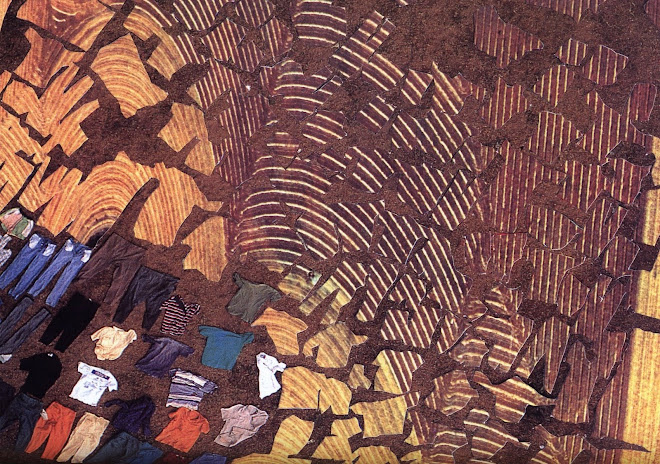
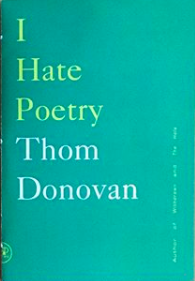

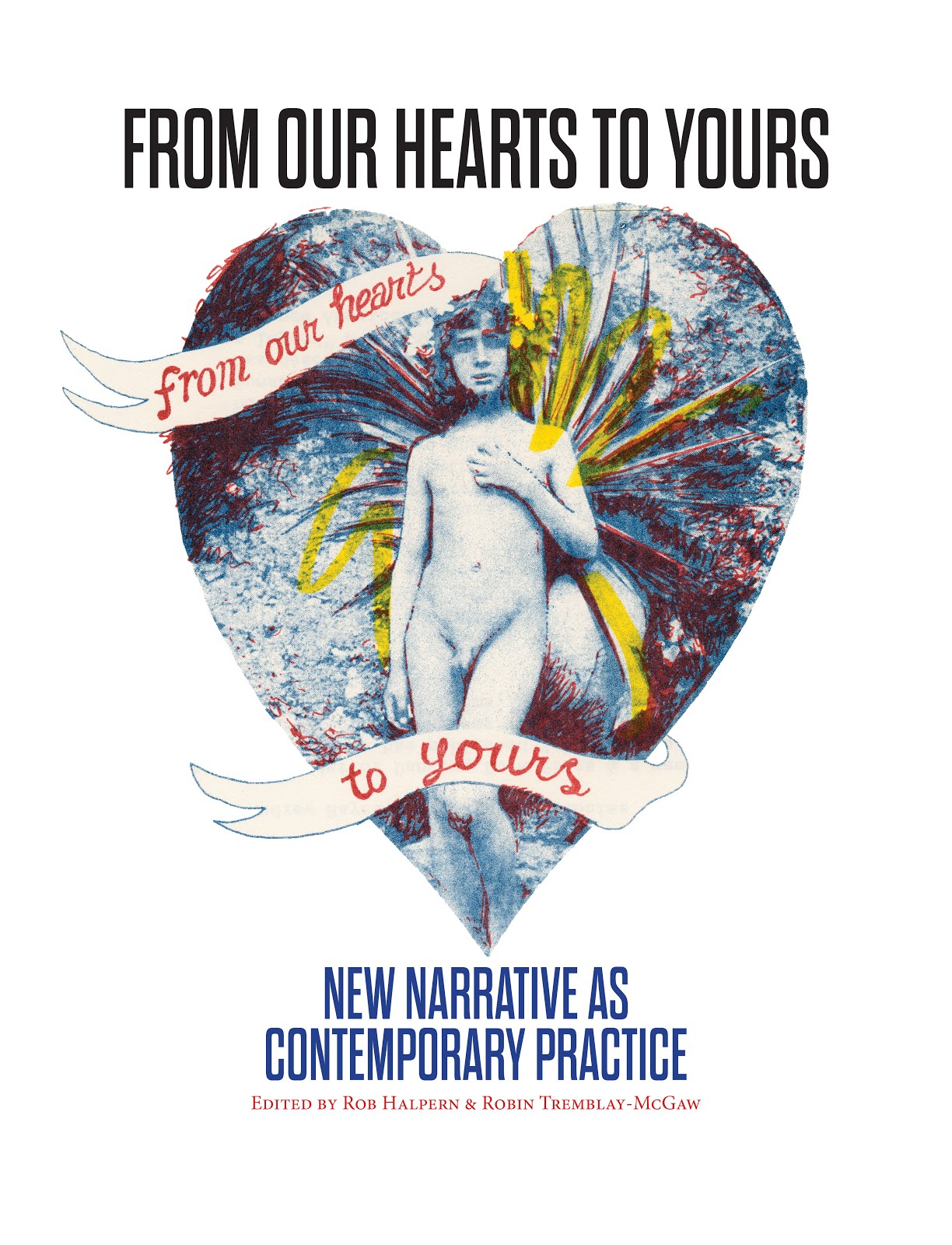




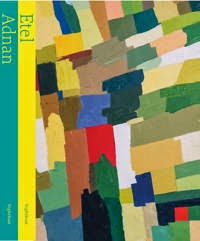
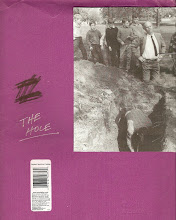

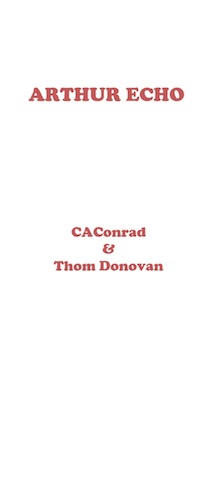
No comments:
Post a Comment